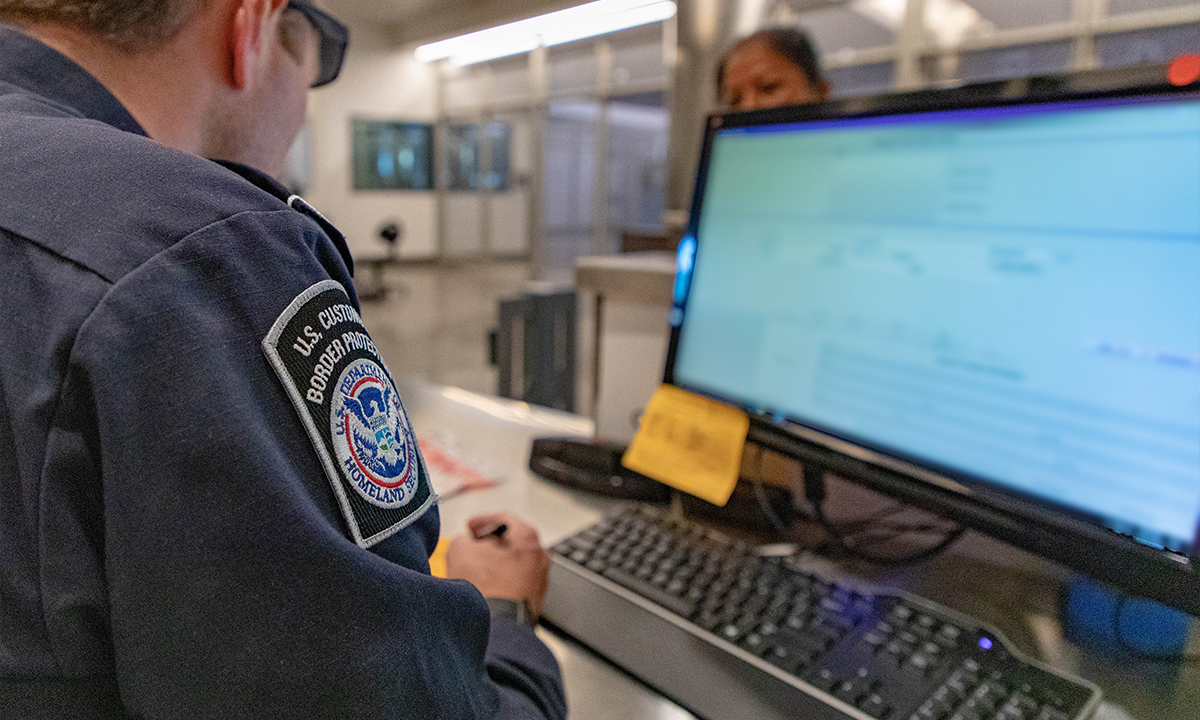Last month, a federal judge ordered the Trump administration to cease the denial of asylum applications from Central American migrants if they traveled by land through Mexico. The original decision to tighten restrictions on asylum grants had been issued only nine days prior.
The ruling from US District Judge Jon Tigar, an Obama nominee based in San Francisco, came just hours after another federal judge in Washington D.C., an appointee of President Donald Trump, had declined to block the rule. Tigar’s decision, which affects the entire country, overrides the earlier ruling. The California judge’s preliminary injunction halts the policy while the lawsuit plays out in court.
The judge warned the policy could expose migrants to violence and abuse, deny them their rights under international law, and return them to countries from which they were fleeing. He cited the administration’s court filings to demonstrate that Mexico was unsafe.
However, Tigar did acknowledge that the U.S. immigration system is currently overwhelmed by the spike in migrants from Central America over the last year. “But shortcutting the law, or weakening the boundary between Congress and the Executive, are not solutions to these problems,” he wrote.
Melissa Crow, a senior supervising attorney with the Southern Poverty Law Center, called Tigar’s block, “an important victory for incredibly vulnerable individuals and families from besieged Central American countries seeking refuge in our country.”
The White House had previously said the decision to uphold the Trump administration’s rule was “a victory for Americans concerned about the crisis at our southern border,” adding that “tens of thousands of migrants making opportunistic asylum claims have not only exacerbated the crisis at our southern border but have also harmed genuine asylum seekers, who are forced to wait years for relief because our system is clogged with meritless claims.”
Tigar’s ruling is the latest example of courts dealing Trump a setback on immigration policy. Another court previously stopped the administration from detaining asylum seekers without giving them a chance to be released on bond.
A judge in Oakland also prevented the Trump administration from activating $2.5 billion in Pentagon allocations to fund border walls. However, the Supreme Court overturned this decision in late July, signaling judicial dispute that will likely continue into the 2020 election year.




